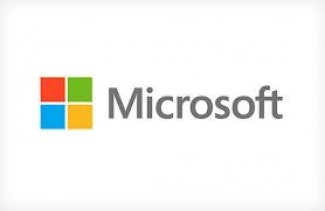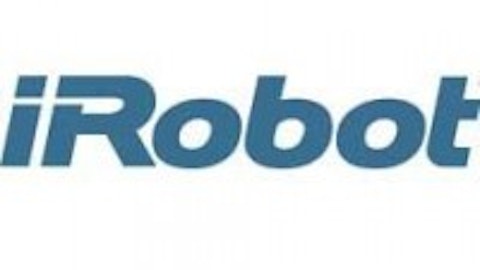Three years ago I was standing in line at a grocery store outside Seattle. I don’t think most people noticed the hulking bald man in front of me, but as a business writer, I did: It was Microsoft Corporation (NASDAQ:MSFT) CEO Steve Ballmer.
I didn’t know whether to be impressed or shocked. Ballmer, who’s worth $15 billion and pulls down nearly $1 million a day in Microsoft Corporation (NASDAQ:MSFT) dividends, is humble enough to buy is own groceries (good), but apparently his time running one the world’s largest companies isn’t valuable enough to have someone buy his groceries for him (bad).

The criticisms are mostly right. Microsoft Corporation (NASDAQ:MSFT) gave up the Internet to Google Inc (NASDAQ:GOOG) and mobile to Apple Inc. (NASDAQ:AAPL). In each, it had ample resources but a lack of vision. Ballmer led a culture that chose fat and happy over hungry and innovative. The company deserves a new leader.
But criticism without context can be misleading. The two common grumbles thrown at Ballmer — poor shareholder returns and a failure to plant a foot in new markets — have another side to them.
Microsoft Corporation (NASDAQ:MSFT)’s dismal shareholder returns under Ballmer are entirely due to timing. Ballmer took over on Jan. 13, 2000, literally days away from the peak of the dot-com bubble. Microsoft traded at 72 times earnings the day Ballmer was promoted to CEO. Adjusted for inflation the company had a market capitalization of $817 billion. For perspective, the current market caps of Microsoft, Google Inc (NASDAQ:GOOG), and Apple Inc. (NASDAQ:AAPL) combined isn’t much higher, at around $1 trillion. No CEO could live up to the expectations Ballmer stepped into. Dismal shareholder returns were certain before he moved into his new office.
The truth is that while Microsoft Corporation (NASDAQ:MSFT) stock has been a dud, Microsoft the company has done quite well. Take a metric a CEO has more accountability over than share price: Earnings per share. Since Ballmer took over in 2000, Microsoft has grown earnings per share by 9.8% per year, compared with 3.9% for the broader S&P 500. Next to other established large-cap tech companies, Microsoft’s results under Ballmer have been excellent:

Source: S&P Capital IQ
Criticizing the dearth of innovation under Ballmer is a more rational spat, but still misses the mark. Apple Inc. (NASDAQ:AAPL) became a monster in consumer devices, but that was never Microsoft Corporation (NASDAQ:MSFT)’s ground to begin with. Google Inc (NASDAQ:GOOG) took over Internet search, but it struggles to make a dent in Microsoft’s business software division. There is no shame in sticking to your circle of competence, and that’s what Microsoft has done — quite well, in fact. As John Gapper of Financial Times writes:
What’s happened to Microsoft Corporation (NASDAQ:MSFT) over the past 30 years? Has it gone up like a rocket and flamed out, like most technology companies? Not only is it still around but it’s one of the biggest companies in the US — as valuable as Google Inc (NASDAQ:GOOG). The real threat to Microsoft was that open source software would undermine Windows, but that didn’t happen. Its servers division — a boring, solid performer that churns out cash, is prospering and Microsoft shows every sign of adapting to the era of cloud computing.





